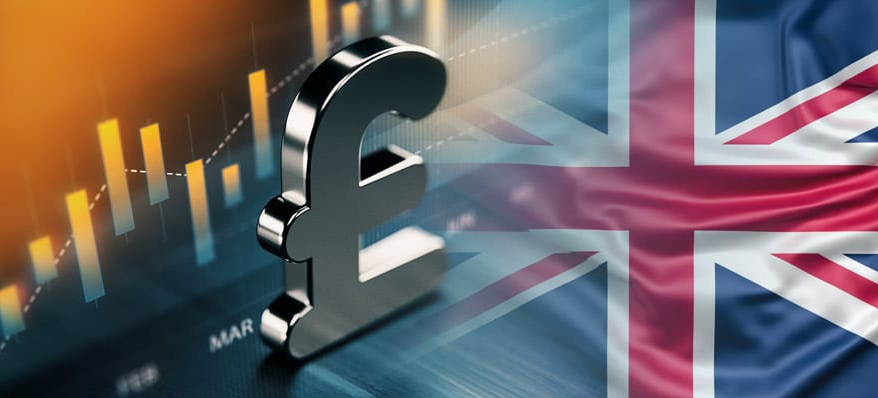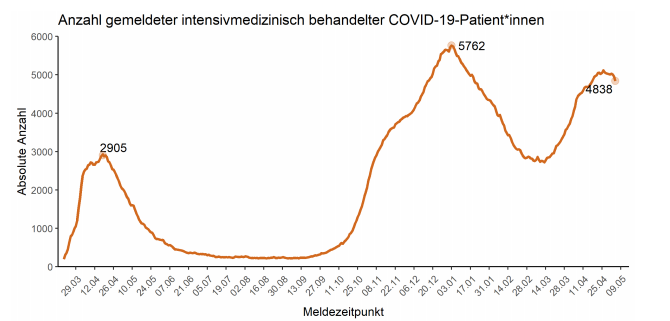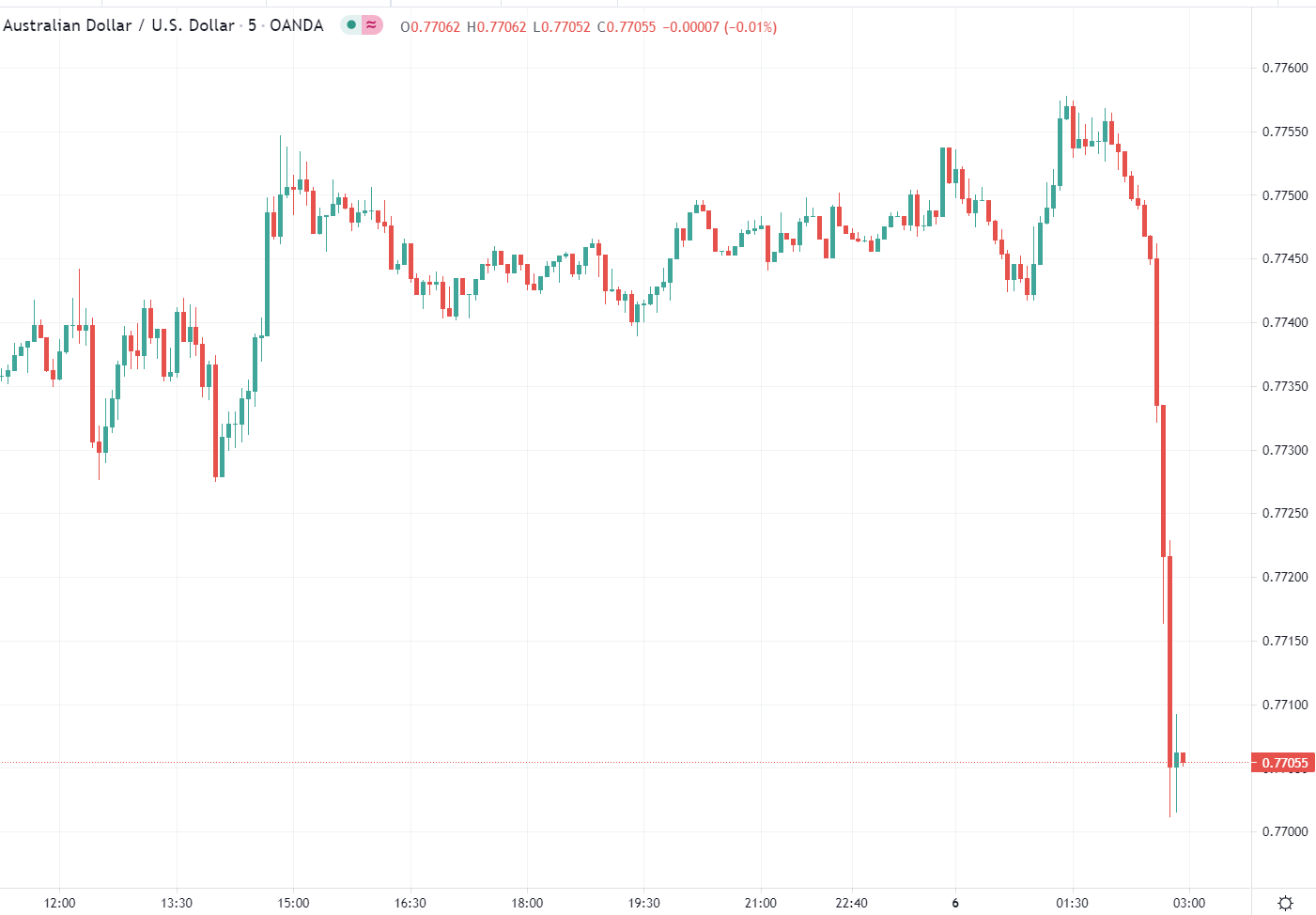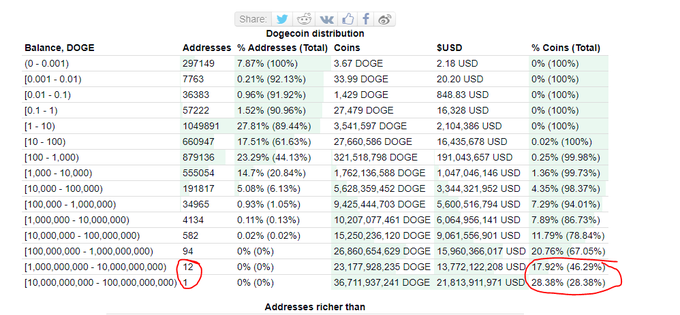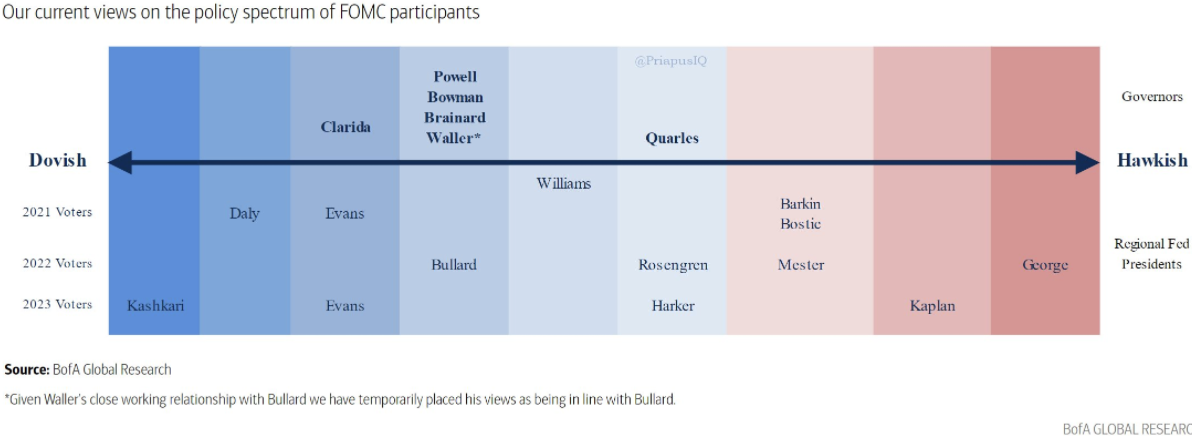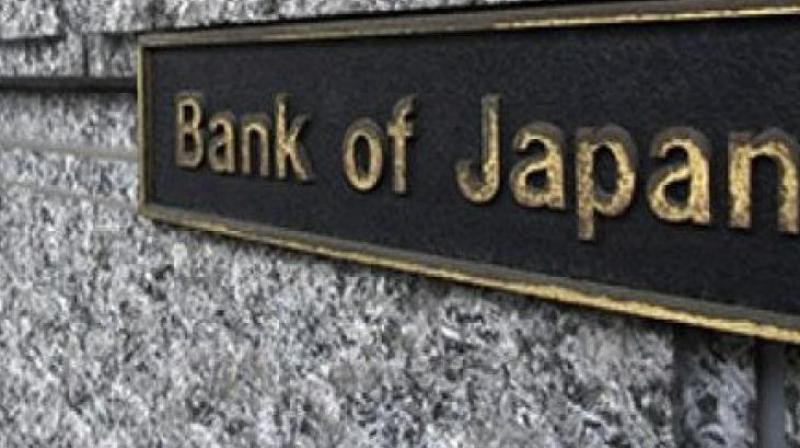BOE announces its latest monetary policy decision – 6 May 2021
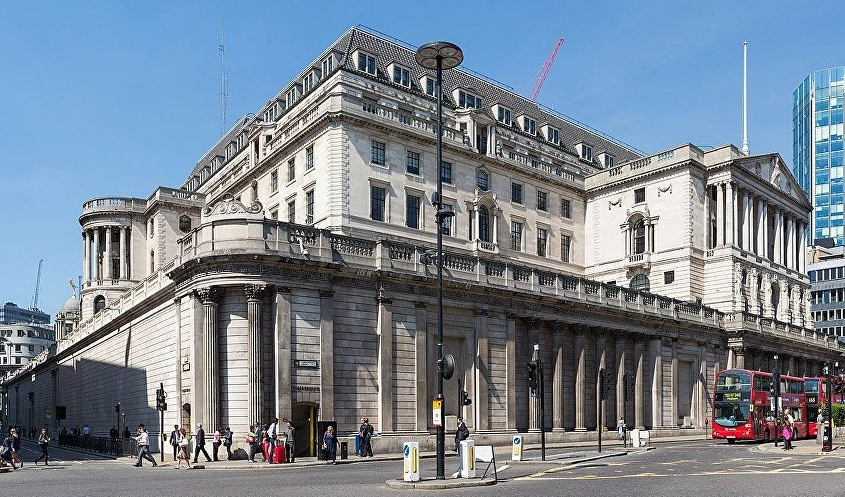
- Prior 0.10%
- Bank rate votes 0-0-9 vs 0-0-9 expected
- Gilts purchases £875 billion
- Corporate bond purchases £20 billion
- Total asset program £895 billion (unchanged)
- UK GDP expected to have fallen by ~1.5% in Q1, less weak than previously assumed
- GDP is expected to recover strongly to pre-COVID levels over the course of this year
- After 2021, the pace of GDP growth is expected to slow as transitory factors wane
- Inflation is projected to rise to close to the target in the near-term
- In the central projection, CPI inflation rises temporarily above the 2% target towards the end of 2021, owing mainly to developments in energy prices
- These transitory developments should have few direct implications for inflation over the medium-term
- Does not intend to tighten monetary policy at least until there is clear evidence that significant progress is being made in eliminating spare capacity and achieving the 2% inflation target sustainably
- Full statement
- Forecasts UK GDP growth at 7.25% in 2021, 5.75% in 2022
- Forecasts UK CPI at 2.31% in one year’s time; previously 2.07%
- Monetary policy report
The economic forecasts are upbeat and the BOE steered clear of any firm messaging about tapering although they are talking about slowing down QE purchases.
BOE chief economist Haldane voted to reduce the stock of QE purchases and there is also a technical change in which the BOE is slowing the pace of weekly bond purchases.
However, they reaffirm that “as measured by the target stock of asset purchases, that stance remains unchanged”. Adding that the slowing in terms of QE purchases is not a significant change in policy and they are ready to step it up if necessary.
The pound is dragged lower as cable falls to 1.3860 from around 1.3900 earlier going into the meeting and has now bounced back to 1.3900.
There was a bit of a delay between the statement (which offered nothing) and the monetary policy report (which had more details), hence the pound suffered a whipsaw as it fell from 1.3900 to 1.3860 before recouping losses to bounce higher to 1.3930.

